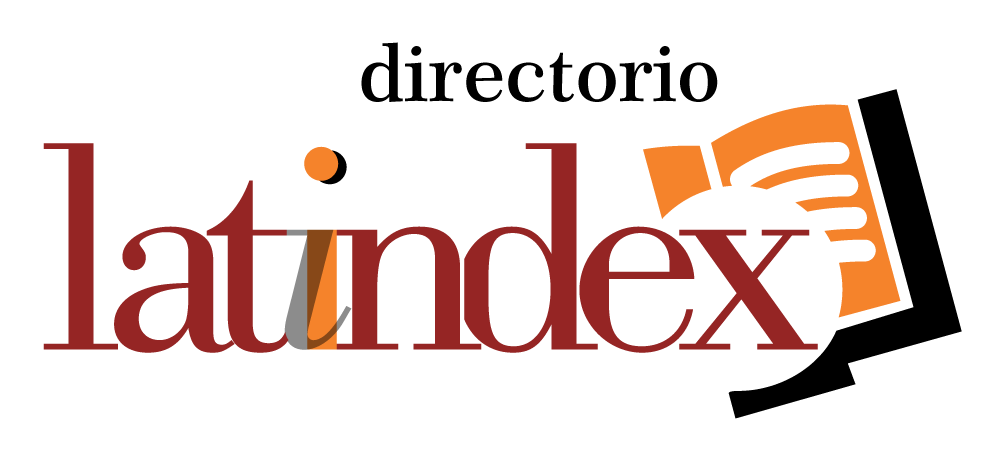Artificial intelligence tools in the daily study of medical students
DOI:
https://doi.org/10.56294/ai2025380Keywords:
Artificial intelligence, medical education, autonomous learning, digital tools, academic trainingAbstract
The use of artificial intelligence (AI) tools in medical education has gained relevance in recent years, offering new opportunities to optimize learning and academic management. This study examines the impact of AI on the study habits of medical students at San Gregorio de Portoviejo University, assessing both its benefits and the challenges associated with its implementation. Through a quantitative methodology, a sample of students was surveyed to determine their perceptions of the use of AI in their academic training. The results indicate a majority acceptance of these tools, highlighting their usefulness in improving autonomous learning and the organization of the study. However, the need for specific training to optimize its use was also identified. It is concluded that, although AI represents a valuable resource in medical education, its impact depends largely on access to the technology and adequate training in its use.
References
Alcívar, C. W. J. (2024). Aplicaciones de inteligencia artificial (IA) en el contexto educativo ecuatoriano: retos y desafíos. Ciencia Latina Revista Científica Multidisciplinar, 8(3), 7046–7060. https://doi.org/10.37811/cl_rcm.v8i3.11897 DOI: https://doi.org/10.37811/cl_rcm.v8i3.11897
Alcívar, E. D. M., Valencia, E. V. O., Poveda, P. J. V., & Zambrano, V. E. I. (2024). Implementación de la inteligencia artificial y el aprendizaje autónomo en la Educación para personalizar la enseñanza. Revista Imaginario Social, 7(3), Article 3. https://doi.org/10.59155/is.v7i3.209 DOI: https://doi.org/10.59155/is.v7i3.209
Ávila Rueda, E. M., Bravo Flores, B. N., & Espinoza Guamán, P. S. (2024). Inteligencia Artificial en la Educación Médica de Pregrado: avances, ventajas y desafíos. Polo del Conocimiento, 9(7), Article 7588. https://doi.org/10.23857/pc.v9i7.7588
Barragán-Martínez, X. (2023). Situación de la inteligencia artificial en el Ecuador en relación con los países líderes de la región del Cono Sur. FIGEMPA: Investigación y Desarrollo, 16(2), 23–38. https://doi.org/10.29166/revfig.v16i2.4498 DOI: https://doi.org/10.29166/revfig.v16i2.4498
Camacho, L. P., Camacho, M. A. P., Campos, A. M., Vega, G. C., López, Y. M., Ullate, M., Mendez-Solano, A., Bustos-Nova, N., Vega Solano, M. F., & Castro Solano, M. M. (2024). Declaración de Heredia: principios sobre el uso de inteligencia artificial en la edición científica. Revista Electrónica Educare, 28(Extra 1), 1–10. https://doi.org/10.15359/ree.28-S.19967 DOI: https://doi.org/10.15359/ree.28-S.19967
Gallent-Torres, C., Arenas Romero, B., Vallespir Adillón, M., & Foltýnek, T. (2024). Inteligencia Artificial en educación: entre riesgos y potencialidades. Práxis Educativa, 19, 1–29. https://doi.org/10.5212/praxeduc.v.19.23760.083 DOI: https://doi.org/10.5212/PraxEduc.v.19.23760.083
Guerra Gómez, F. J. (2024). Integración de la IA generadora de imágenes en enseñanzas artísticas: El Bing como principal exponente [Tesis de maestría, Universidad Miguel Hernández, Repositorio Digital UMH]. https://hdl.handle.net/11000/32981
Lázaro Guillermo, J. C., Vega Huerta, H. F., Pantoja Collantes, J. S., Gil Calvo, R. A., López Castillo, A. C., & Ponce Bardales, Z. E. (2024). Inteligencia artificial: Praxis y empoderamiento docente. Editorial Mar Caribe.
Martínez, A. P. E., Véliz, M. Z. E., Pérez, K. K. G., & Egoavil, M. J. E. (2024). Impacto de la inteligencia artificial en ciencias de la salud: perspectivas para enfermería. Kanyú, 2(1), 34–45. https://doi.org/10.61210/kany.v2iI.74 DOI: https://doi.org/10.61210/kany.v2iI.74
Nivela Cornejo, M. A., & Segundo Vicente, E. D. (2024). Inteligencia Artificial en la Educación Superior: Innovación, desafíos y perspectivas para el futuro. Código Científico Revista de Investigación, 5(2), 1242–1266. https://doi.org/10.55813/gaea/ccri/v5/n2/625
Orizaga, G. R., Pérez, D. Y. R., Pérez, F. D. R., Ibarra, E. A. G., & Bautista, M. D. (2024). Inteligencia artificial en la educación médica: tendencias y desafíos. Ciencia y Reflexión, 3(2), 594–605. https://doi.org/10.70747/cr.v3i2.55 DOI: https://doi.org/10.70747/cr.v3i2.55
Sánchez Mendiola, M. (2023). ChatGPT y educación médica: ¿estrella fugaz tecnológica o cambio disruptivo? Investigación en Educación Médica, 12(46), 5–10. https://doi.org/10.22201/fm.20075057e.2023.46.23511 DOI: https://doi.org/10.22201/fm.20075057e.2023.46.23511
Sardiñas Padilla, E., & Valdés García, K. V. (2025). Incorporación de la inteligencia artificial a la educación cubana: ventajas y limitaciones. Región Científica, 4(1), Article 2025372. https://doi.org/10.58763/rc2025372 DOI: https://doi.org/10.58763/rc2025372
Vega Jiménez, J., Borja Gómez, E. E., & Ramírez Álvarez, P. J. (2023). ChatGPT y la inteligencia artificial: ¿Obstáculo o ventaja para la educación médica superior? Educación Médica Superior, 37(2), e3851. Recuperado de http://scielo.sld.cu/scielo.php?script=sci_arttext&pid=S0864-21412023000200013
Zúñiga, F., Mora, D., Molina, D., & Molina, I. (2023). Falta de capacitación y formación en inteligencia artificial: una barrera para la eficiencia de estrategias de marketing digital. Revista de Investigación Sigma, 11(1). https://doi.org/10.24133/14fhea12.
Downloads
Published
Issue
Section
License
Copyright (c) 2025 Luis E. Salas, Shino R. Caamaño , Rodolfo A. Benalcazar, Lailimar V. Turibbi, Daniela Z. Quiroz, Mario A. García (Author)

This work is licensed under a Creative Commons Attribution 4.0 International License.
The article is distributed under the Creative Commons Attribution 4.0 License. Unless otherwise stated, associated published material is distributed under the same licence.






